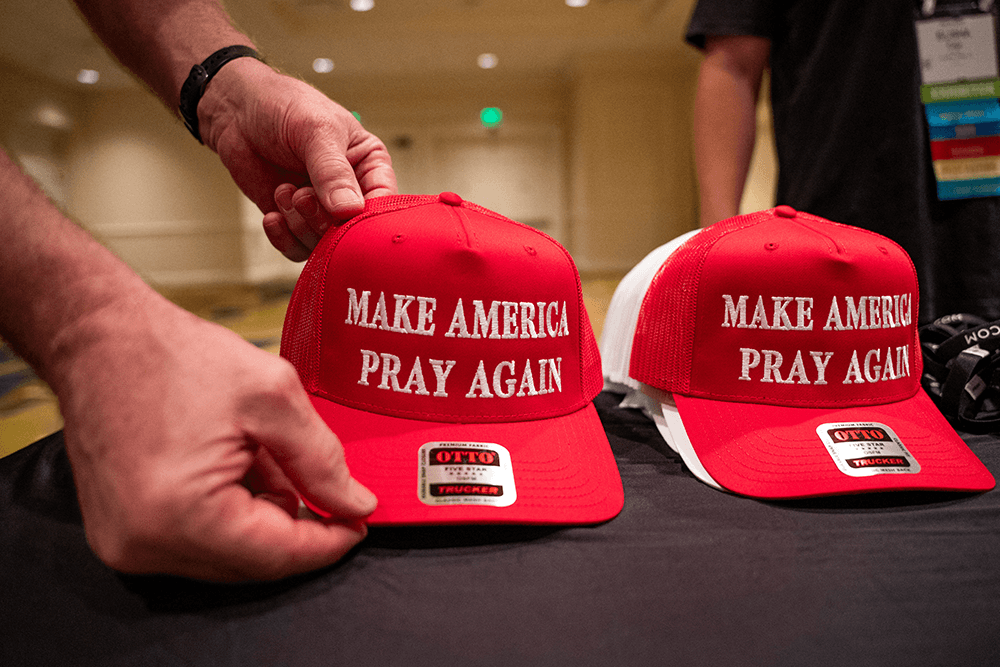In late January, the Pew Research Center released a study on religious nationalism worldwide, including in the U.S., revealing that only 6% of Americans identify as “Christian nationalists.” This finding contrasts sharply with other studies, such as those by the Public Religion Research Institute (30%) and sociologists Andrew Whitehead and Sam Perry (20%), who also studied Christian nationalist ideals. Researchers stress that despite differing numbers, these studies can be viewed as cohesive rather than conflicting due to varying definitions and methodologies.
Pew developed its methodology in 2022, surveying 36 countries and implementing a stringent criterion for defining religious nationalism, focusing on respondents who affirmatively answered four key questions about religion’s relationship with national identity and laws. This approach, deemed conservative and consistent with existing sociological research, aimed to avoid over-counting by setting a high bar for what constitutes a religious nationalist.
Critics, such as sociologist Philip Gorski, express concern that the 6% figure could downplay the significance of Christian nationalism in U.S. politics, cautioning that it might be manipulated by those wishing to dismiss its relevance. The discussion illustrates the complexity of measuring religious nationalism, as perceptions vary widely based on respondents’ views.
Regardless of the Pew study’s low percentage, researchers note that many Americans express supportive views toward Christian nationalism, highlighting that a significant portion of the populace can sympathize with its ideals without fitting the strict definition. This raises questions about the influence of Christian nationalism beyond the hardline adherents, especially within political and cultural contexts, suggesting a spectrum of belief rather than a binary categorization.



